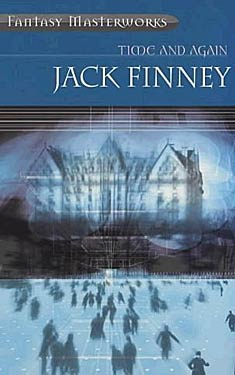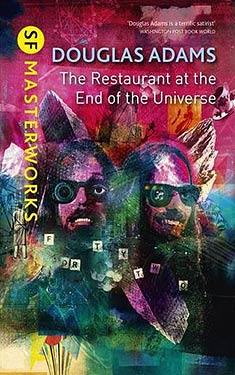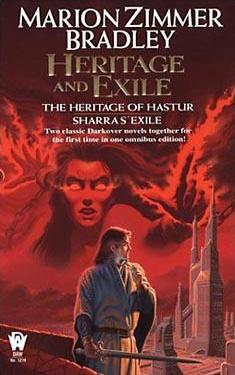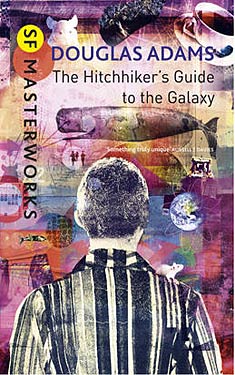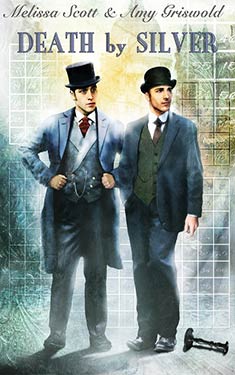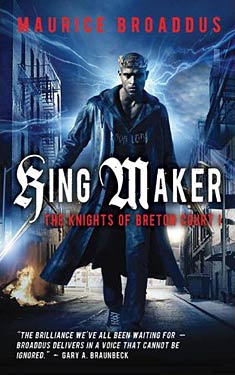Jack Finney
Completed 1/25/2020,
Reviewed 1/25/2020
4 stars
The second
book club selection of the year, this book was a pleasant surprise. It is a very readable take on time
travel. It is prosy and full of
adventure, a little like a Jules Verne story.
It is also a romance and something of a mystery. It takes place in the present, 1970, and 1882
New York City. I found the copious
descriptions of the past very interesting, despite taking up almost the whole
first half of the book. It didn’t win
any awards, but I thought that this was well-written and easily accessible.
Simon “Si” Morley
is an artist who works for a small advertising agency in NYC. One day, he’s approached by a man promising a
thrilling but secretive experience. The man
expects Si to commit even though he doesn’t give him all the details. Thinking he doesn’t really have much to lose,
Si accepts and soon learns that the man is an agent of the government involved
in a highly confidential experiment in time travel. There are already some people trying to
travel to the past, but none are yet very successful. Si is given the training, consisting mostly
of psychological tricks to believe he is in the past. It’s not very scientific. It’s almost like “if you believe really hard,
it will come true”. And it does. Soon, Si masters the technique and travels
back almost one hundred years.
The reason
he goes back to 1882 NYC is because his girlfriend has a slightly destroyed
letter from a past family member with a mystery. He convinces the project to let him go back
to this specific time to witness the mailing of the letter. They agree and Si gets his wish, and
more. He meets a young woman who is a
lodger at her aunt’s boarding house. She
is connected to the letter via the man who wants to marry her. He slowly falls in love with her, possibly
changing the course of history.
My biggest
surprise of this book was that I enjoyed Si’s description of the past. The author goes into great detail describing
the people and architecture of NYC, complete with photos and drawings. I’m not big on architecture, but Finney’s
prose simply made it very interesting, making me feel like I was right there
discovering it with Si. The exploration of
NYC goes on for quite a bit, over a quarter of the book, but I never really got
bored with it. Just when I began
wondering when the mystery was going to kick in, it did, and made up the last
half of the book.
The
characterization was very good, breathing life into the disaffected Si, the
people on the project, and the people in the past. Julia, the woman he falls for in the past, is
a particularly good character. She’s a feisty
young woman, but definitely a product of her time. So is her extremely jealous, vindictive, and
possibly bipolar suitor, Jake. Si is
also a product of his time, the early 1970s, being a bit misogynistic,
sexualizing all the women he comes across.
It was much like a television or the movies of the late 60s, early 70s, where
women might be strong characters, but ultimately, they are present for the
pleasure of the men. This is noticeable
throughout the book.
I give the book
four stars out of five. The prose is
simply a delight, despite the sexualized descriptions of the women. It’s not pornographic, but annoying and obvious. I’ve never read a book where I was interested
in the architecture and geography, but I’m originally from the NYC area and
often went into the city. Perhaps this
is why the descriptions were so fascinating to me. Some people may find the book a bit of a slog
to get through because of this, so be forewarned. But I found it interesting and exciting.
